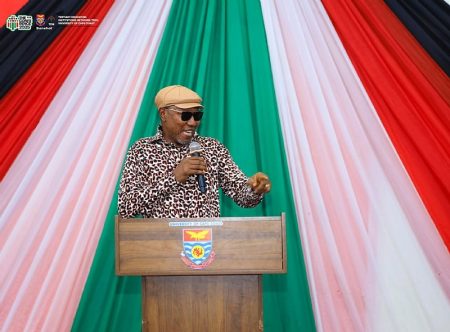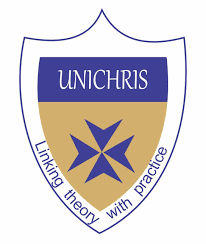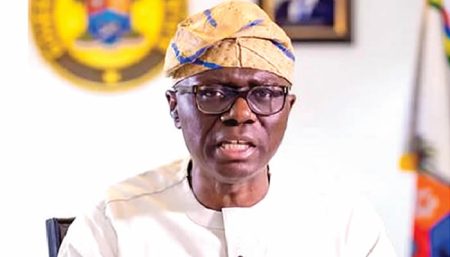The Nigerian House of Representatives is considering a constitutional amendment to reform the appointment process of the Independent National Electoral Commission (INEC) Chairman. The current system empowers the President to single-handedly appoint the INEC Chairman, a process often criticized for its susceptibility to political influence and cronyism. The proposed amendment seeks to involve the National Judicial Council (NJC) in the selection process, aiming to bolster the independence, credibility, and transparency of the appointment. This proposal echoes a recommendation made in 2007 by the Electoral Reform Committee, led by the late Chief Justice Muhammadu Uwais, which advocated for transferring the appointment power from the President to the NJC and establishing INEC’s funding as a first-line charge on the Consolidated Revenue of the Federation.
Former INEC Chairman, Professor Attahiru Jega, welcomes the proposed amendment, viewing it as a positive step towards shielding the INEC Chairman from executive pressures. He believes this change will address the perception that the appointing authority unduly influences the appointee’s actions. Similarly, Samson Itodo, Executive Director of YIAGA Africa, supports the move but raises concerns about the NJC’s impartiality, questioning its ability to manage the appointment process without bias. He highlights the potential for “institutional capture” of INEC by the executive branch and suggests the establishment of a multi-stakeholder committee to oversee the selection process, ensuring diverse perspectives and minimizing partisan influence. Itodo advocates for a robust selection process involving interviews and screenings by the National Assembly before presidential appointment, emphasizing the importance of independence at every stage of the appointment chain.
Auwal Rafsanjani, Executive Director of the Civil Society Legislative Advocacy Centre, believes involving the NJC in the selection process could enhance the judiciary’s image and restore public trust, which has eroded due to perceived injustices. He argues that the NJC’s involvement could ensure the appointment of a non-partisan INEC Chairman, a constitutional requirement often disregarded by previous presidents. However, constitutional lawyer Abdul Mahmud criticizes the proposal, expressing deep reservations about the NJC’s credibility and impartiality. He argues that entrusting the NJC with such a critical responsibility would further entrench the existing flaws in the system, given the NJC’s composition of unelected senior judicial officers, some with questionable track records and involvement in controversial court decisions. He views the amendment as a mere power rearrangement within an elite circle rather than genuine electoral reform.
Mahmud highlights the lack of public trust in the NJC, citing concerns about its internal dynamics and the influence of the Chief Justice of Nigeria. He contends that empowering such a body to influence the INEC Chairman’s appointment would be detrimental to democratic processes. Dr. Joe Okei-Odumakin, a pro-democracy campaigner, also expresses skepticism about the NJC’s involvement guaranteeing a non-controversial appointment. She points out that the President is not bound by the NJC’s recommendations, although they carry significant weight. Okei-Odumakin emphasizes the importance of patriotism, integrity, and honesty in public service and hopes the proposed review will genuinely enhance the independence and credibility of INEC.
Public affairs analyst Jackson Ojo acknowledges the positive intent behind the proposal, recognizing the public dissatisfaction with the current presidential appointment system. He acknowledges the potential benefit of involving the NJC, but expresses concerns about the possibility of politicizing the Council once it becomes part of the INEC Chairman’s selection process. Ojo harbors doubts about the efficacy of the amendment in achieving true independence for INEC, given the perceived lack of trust in both the judiciary and the NJC. He believes the success of the reform hinges on ensuring the integrity and impartiality of the entire selection process.
In essence, the proposed amendment to involve the NJC in the appointment of the INEC Chairman has generated mixed reactions. While some see it as a positive step towards enhancing the independence and credibility of the electoral body, others express concerns about the NJC’s own credibility and impartiality, questioning its ability to safeguard the integrity of the appointment process. The debate highlights the deep-seated concerns about political influence in Nigeria’s electoral system and the need for robust reforms to ensure free and fair elections. The proposed amendment underscores the ongoing struggle to balance executive power with the need for independent institutions and raises critical questions about the efficacy of entrusting such a crucial responsibility to a body whose own integrity faces public scrutiny.



